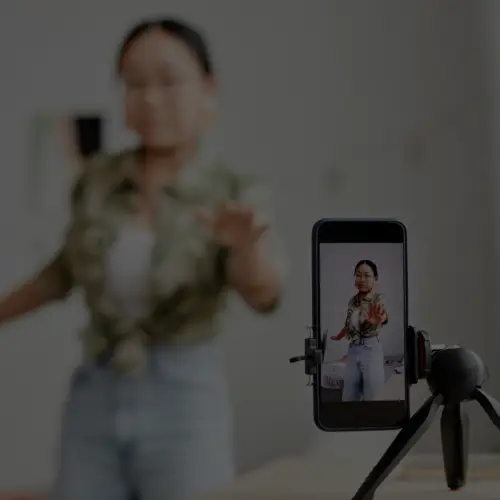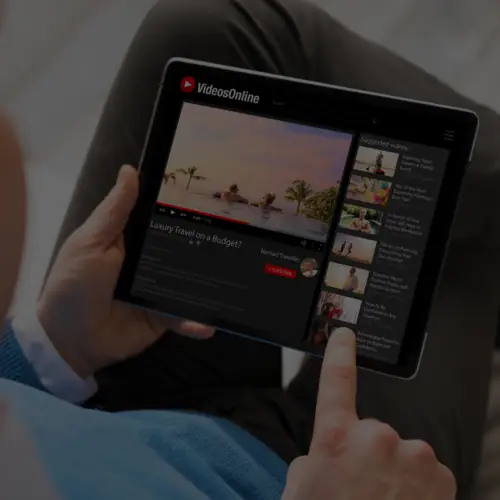22 Jun A Social Media RFP for 2015
 Back in 2010, Social Media Group in Canada created a template for companies to use when they were looking to find a social media agency. (I’m not going to link to it because I don’t want you to use it.) It was certainly well-intentioned, but it was much too long and didn’t turn out well for those of us on the receiving end. Even Version 2.0, the shorter version, included nearly 120 separate questions, counting the written questions and the suggested in-person questions.
Back in 2010, Social Media Group in Canada created a template for companies to use when they were looking to find a social media agency. (I’m not going to link to it because I don’t want you to use it.) It was certainly well-intentioned, but it was much too long and didn’t turn out well for those of us on the receiving end. Even Version 2.0, the shorter version, included nearly 120 separate questions, counting the written questions and the suggested in-person questions.
Here are the problems with it:
- It’s too long. Social Media Group didn’t get it wrong. They specifically asked companies to carefully select the relevant questions. Too many brands just dump them all in.
- It’s now five years old. Five years ago, you could likegate a promotion. Instagram didn’t exist. Mobile was interesting but not dominant. The five-year-old questions couldn’t have anticipated our present. Yet we’re still getting RFPs that cut and paste this document.
- It’s probably not what you need to really know to pick your best partner.
So what do you really need to know when you do a social media RFP in 2015? We’ve written about this in 2007 and 2010, but here’s an update.
Answer these questions to get you started.
1) Do you need an RFP?
Some of our best relationships have come from companies that don’t ever do an RFP. While your procurement team may ultimately require one, regardless there is a lot to be gained by jumping on the phone to discuss your project with a few agencies before you get too far. This will help you narrow down not only the field of agencies, but also really narrow down the focus of what you’re asking for. Good agencies will ask good questions you may not have thought about yet.
2) What is your budget or scope?
As with most any kind of marketing, we can do much more for $1m than we can for $100,000. Certain options become available at certain budget levels. The brands that say, “Tell me what I need and I’ll go get the money,” can’t get the money 99% of the time.
If you can’t provide a budget for some reason, you’ll need to be crystal clear on your expectations of scope so that the pricing you get back from agencies is apples to apples.
Budget is often the better approach, as it doesn’t pre-suppose approach. In an era where there are several approaches that could make sense based on your goals, setting a specific scope limits creativity a bit. If you want a partner to work with you (versus a vendor to do what you say), you’ll benefit from collaboration on the best way to allocate your budget to get your stated goals.
3) What is included in your budget?
As you no doubt know, Facebook organic reach has declined dramatically. Facebook has a number of boosting opportunities that can be very cost-effective, as does Twitter, Instagram, Pinterest, and others. Are these in play? If so, is that part of the budget or an additional budget? Can your social agency do the boosting? If not, can we coordinate with your media buying agency? Posts that are boosted early do much better than those boosted a day or more later.
4) Will the answers to your RFP questions tell you anything relevant?
So many of the questions in RFPs we get are redundant, and many don’t tell you (the brand) what you really want to know. For example, are you concerned about whether the agency you’re choosing is a social media specialist? If so, consider questions like:
- For which clients listed above do you currently provide social media services?
- For which clients listed above do you only do social media marketing?
- What % of your staff are 100% assigned to social media marketing for clients?
These sorts of questions will begin to help you separate the agencies you need from those that have other focus areas.
5) Have you talked to anybody that’s worked with a good social media agency?
RFPs take a lot of time. They take us time. They take you time. And really, you might learn more getting on the phone and talking to clients of the agencies you’re interested in. This will help bring the agencies to life in ways that long written documents will not. Be ready with questions before you call, so you get the most out of the call. Things like:
- Are you happy with the team assigned to you?
- How often do you talk to the folks that came out for the pitch?
- What are they great at?
- What do you wish they were better at?
- Would you hire them again?
Start a Relationship
Our best client relationships are those where we become part of the client’s team. We’re respected for our role and communication is frequent, candid and enjoyable. You’re not going to get that from an RFP. So if you must do an RFP, do an RFP. But either way, build in time and steps to really get to know the group you’re looking to add to your company. The time will be much more valuable than the hours you’ll sink into reading a half dozen 50-page responses.






